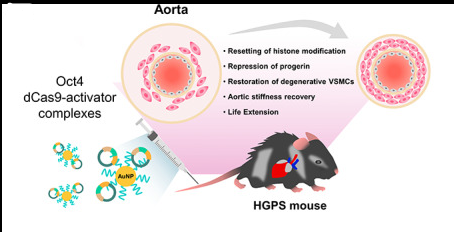Aging seems to be an irresistible natural law, and at the same time, how to “fight aging and achieve immortality” has become an eternal research topic. Nowadays, thanks to the rapid development of biotechnology, research on anti-aging has become increasingly popular. In 2006, the team of Shinya Yamanaka of Kyoto University in Japan first reported related research on induced pluripotent stem cells (iPSC). They found that by introducing four…
Three Dimensional Structure of the Smallest Programmable Nuclease Tnpb
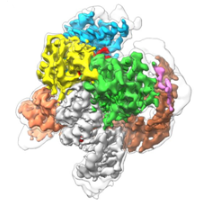
In a new study, professor Virginijus Šikšnys from the Life Sciences Center (VU-LSC) of Vilnius University in Lithuania and his research team cooperated with Professor Guillermo Montoya of the Novo Nordisk Foundation Protein Research Center (CPR) of the University of Copenhagen in Denmark and his research team to determine the structure of TnpB using Cryo-EM. The relevant research results were published in Nature on April 13, 2023, with the title…
Scientists Have Screened New Serotonin Transporter Inhibitors From Over 20 Billion Molecules
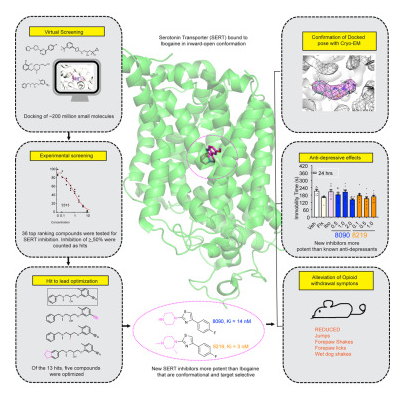
Highlights •Large-library docking finds conformationally and target-selective SERT inhibitors •Cryo-EM supports the computationally predicted structure •The inhibitors are anti-depressant-like and alleviate opioid withdrawal in mice •Targeting of transporters for structure-based ligand discovery 5-hydroxytryptamine transporter (SERT) is a common target for antidepressants as it can “transport” serotonin from synapses. Transporting protein transporters is a process of “swallowing and vomiting”, completed by alternating protein conformations opening outward and inward. Research…
Insufficient Sleep Can Lead to Dementia, Affecting the Clearance of Toxic Proteins in the Brain and Increasing the Risk of Dementia
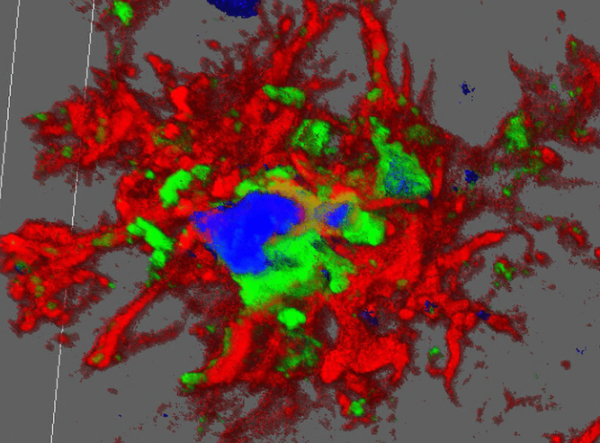
This study reveals how sleep deprivation affects microglia, and finds that TREM2 mediates sleep deprivation-induced microglia overactivation, and β-Amyloid protein (Aβ) deposition increases. Long-term chronic sleep deprivation regulates inflammation and the metabolic reaction of microglia and Aβ in the brain. With the accelerating pace of society and increasing work pressure, it is sometimes particularly luxurious for modern people to have a good sleep. However, a large number of studies…
Molecular Mechanism of Melanoma Induced by CDK13 Mutant Protein
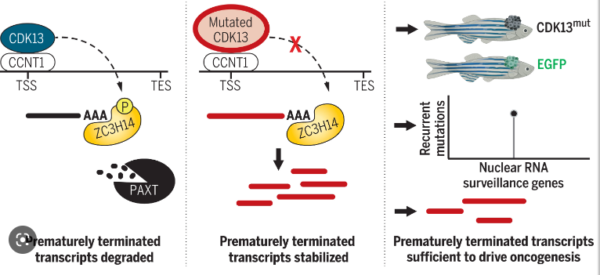
The RNA surveillance pathway can detect and interpret defective transcripts to ensure the fidelity of RNA. Recently, in a research report entitled “Oncogenic CDK13 mutations infinite nuclear RNA surveillance” published on the international journal Science, scientists from Howard Hughes Medical Research Institute and other institutions found a new mechanism that affects the occurrence of melanoma through research, which has a very broad and important significance for the treatment of multiple…
Novel CAR-T Cell Therapy with Potential for Treating Human Solid Tumors
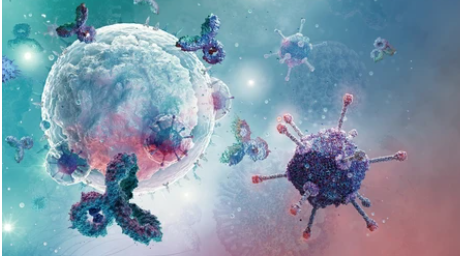
Because of the expansion and persistence of CAR-T cells, patients receiving CAR-T cells rich in memory T cells tend to have better disease control. Human memory T cells, including stem cell-like CD8+memory T cell progenitors, will become functional stem cell-like T cells (TSTEM) or dysfunctional T group cells (TPEX). Recently, a research report entitled “T STEM like CAR-T cells exhibit improved persistence and transformer control compared with conventional CAR-T cells…
PROTAC R&D to Achieve the Latest Progress
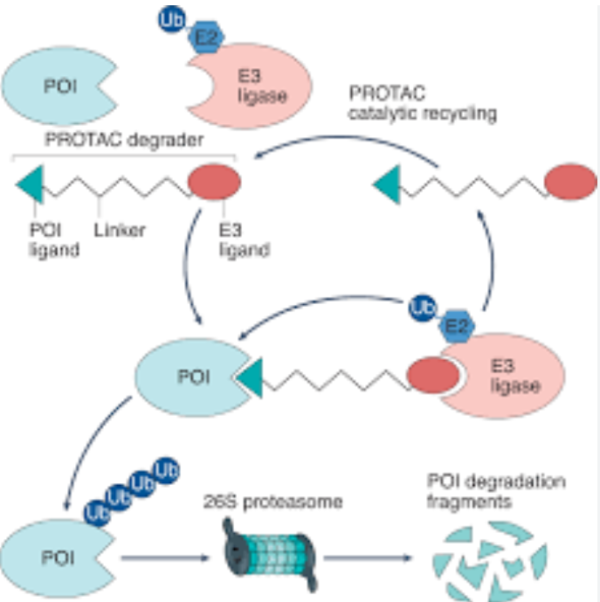
Recently, the Li Zigang/Yin Feng research group at the Shenzhen Graduate School of Peking University published a research paper titled “Targeted biomolecule regulation platform: a Split and Mix PROTAC approach” in the Journal of the American Chemical Society, reporting peptide self-assembly formed Split and Mix PROTAC (SM PROTAC), which achieved significant degradation effects on multiple targets, such as ERα, EGFR, MEK1/2, BRD2/4, CDK4/6, AR, BCR-ABL, etc. Targeted protein degradation…
Discovering an Autoimmune Inflammatory Disease Induced by LYN Gene Mutation
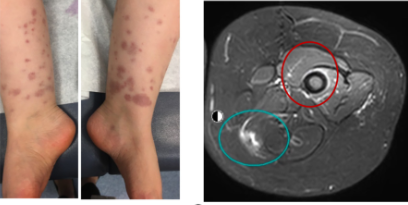
Scientists from institutions such as the National Institute of Allergy and Infectious Diseases in the United States have identified an autoimmune disease induced by mutations in the LYN gene, which is an important regulator of the body’s immune response in both healthy and diseased states. Neutrophilic inflammation is a hallmark of the occurrence of many monogenic autoimmune diseases. Currently, researchers are not very clear about the pathological mechanisms that…
Special Protein FAM193A with Novel Anti-Tumor Activity
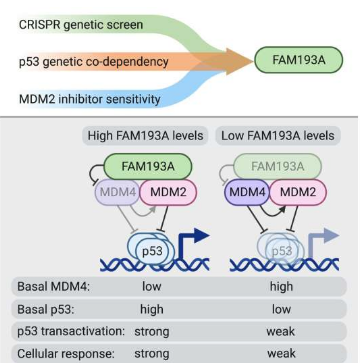
Scientists from institutions such as the Anschutz School of Medicine at the University of Colorado have discovered and characterized a specific protein that is primarily involved in the specific mechanisms that inhibit the progression of different types of tumors. Understanding how cancer occurs is crucial for designing effective personalized cancer therapies. For many years, researchers have known that cancer begins with mutations in certain types of genes, one of…
M6A Targeted Modification Can Improve Immune checkpoint Therapy
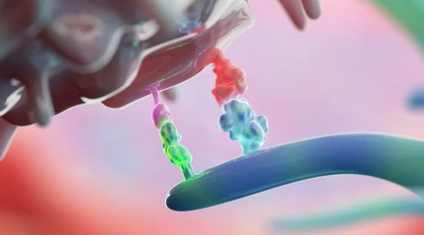
The immune system acts as a guardian of the host by initiating an immune response to harmful pathogens and tumor cells. However, overreaction is the cause of chronic or excessive inflammation and autoimmune diseases. Immune checkpoints play a key role in regulating the size of immune responses, thereby maintaining immune homeostasis and self-tolerance. However, tumor cells can also use immune checkpoints to evade immune surveillance, suppress anti-tumor immune responses, and…
